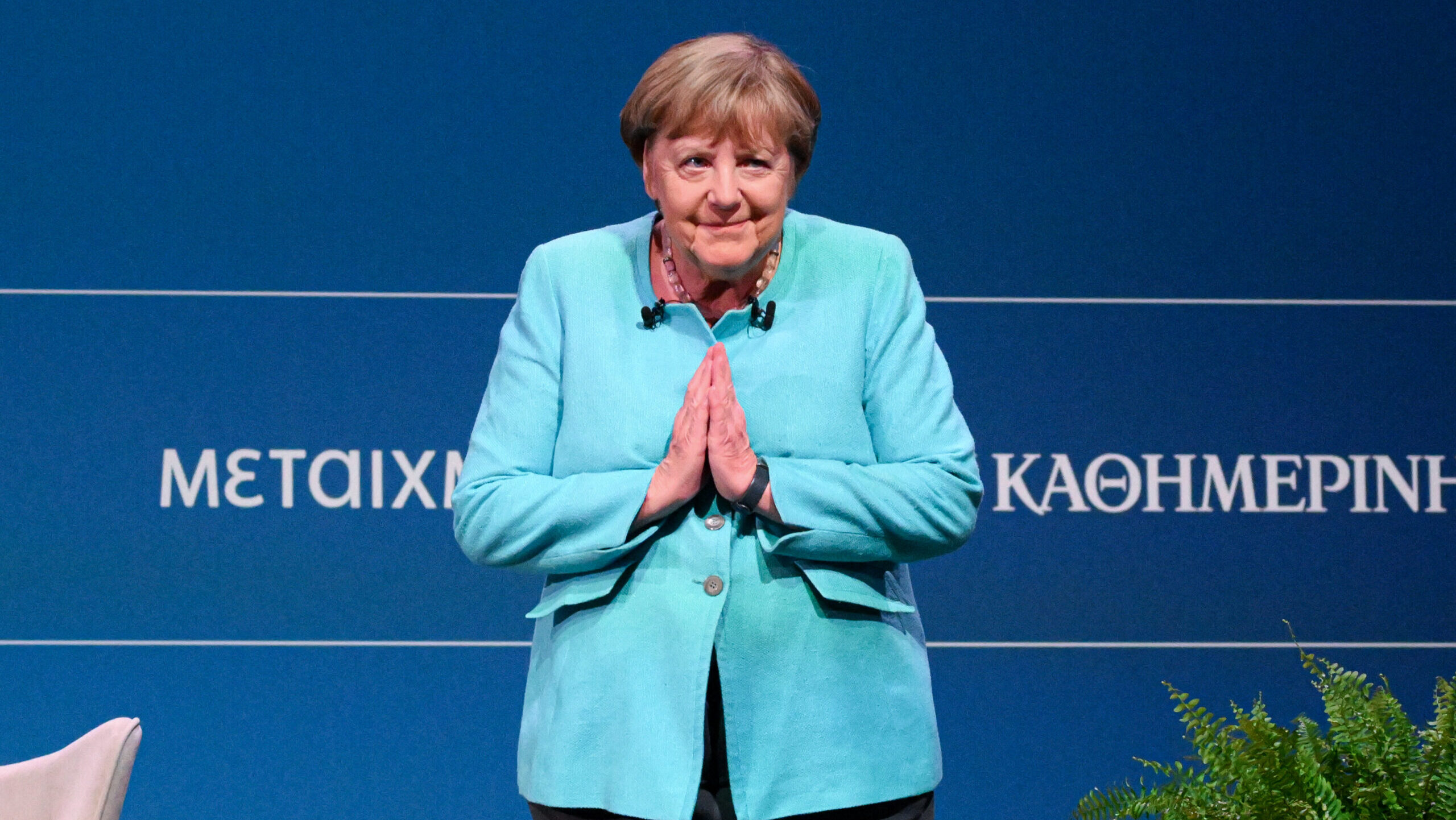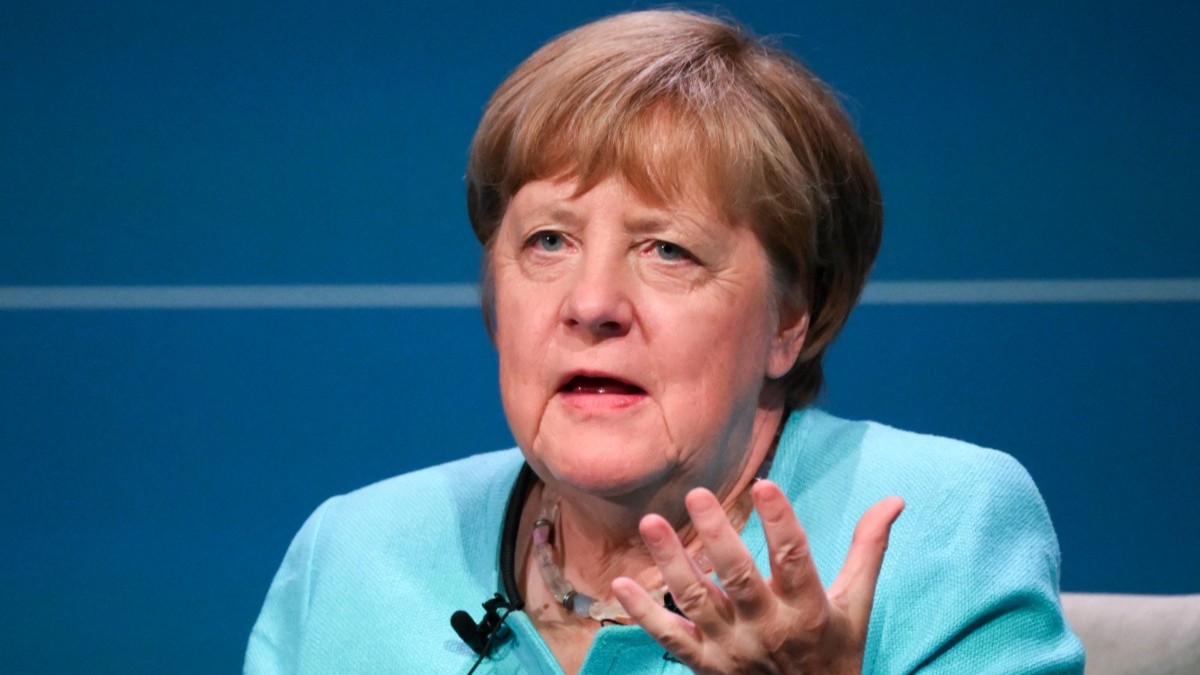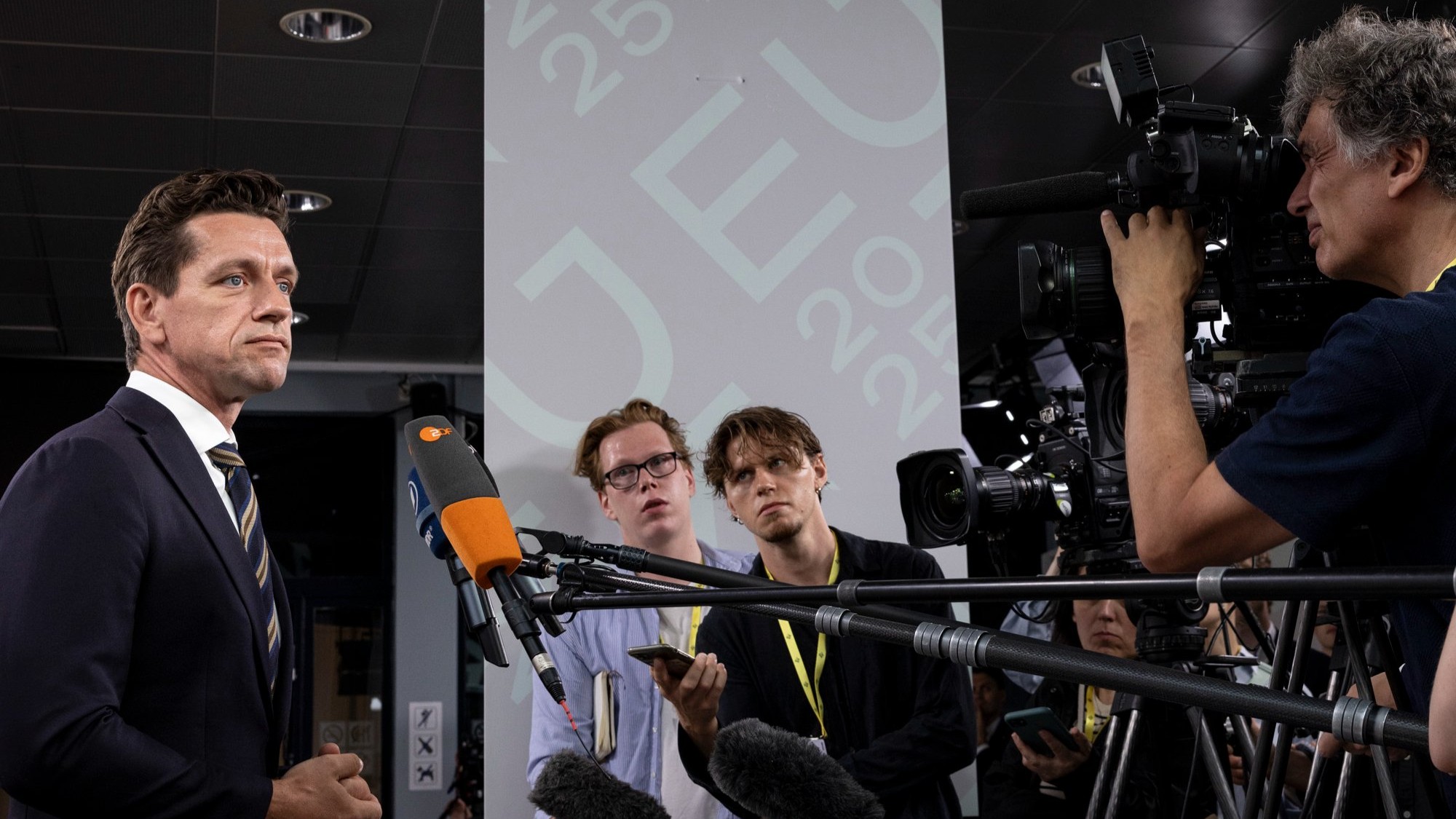
Report: German Intelligence Spied on Obama During Presidency
Official surveillance, apparently conducted without Berlin’s authorisation, continued at least until 2014 and contradicted Berlin’s public criticism of U.S. espionage practices.

Official surveillance, apparently conducted without Berlin’s authorisation, continued at least until 2014 and contradicted Berlin’s public criticism of U.S. espionage practices.

AfD co-chair dismissed the government’s news security package as “window dressing”.

The ex-Chancellor accuses Poland and Baltic states of blocking an EU-Russia dialogue in 2021, effectively stoking the flames of the following year’s Ukraine invasion.

The former German Chancellor claims Poland and the Baltic states blocked talks with Putin in 2021, contributing to the escalation in Ukraine.

“It is already statistically proven that this wave of migration has fuelled crime. To deny that would be irresponsible.”

The site was close to where a terrorist attacked the Christmas market in 2016, killing 13 people.

A decade after Germany opened its borders, Brussels promises reforms, but the ineffectiveness of coping with the migration pressure remains.

A decade ago, Angela Merkel promised that her decision to open the country to the world would prove historic. She was right—just not in the way she hoped.

A majority of Germans also believe the former chancellor made the wrong decision in 2015.

“I don’t believe that the ‘Wir schaffen das’ mentality has done any good for Europe,” said Danish Migration Minister Kaare Dybvad, calling mass migration “a huge economic deficit.”